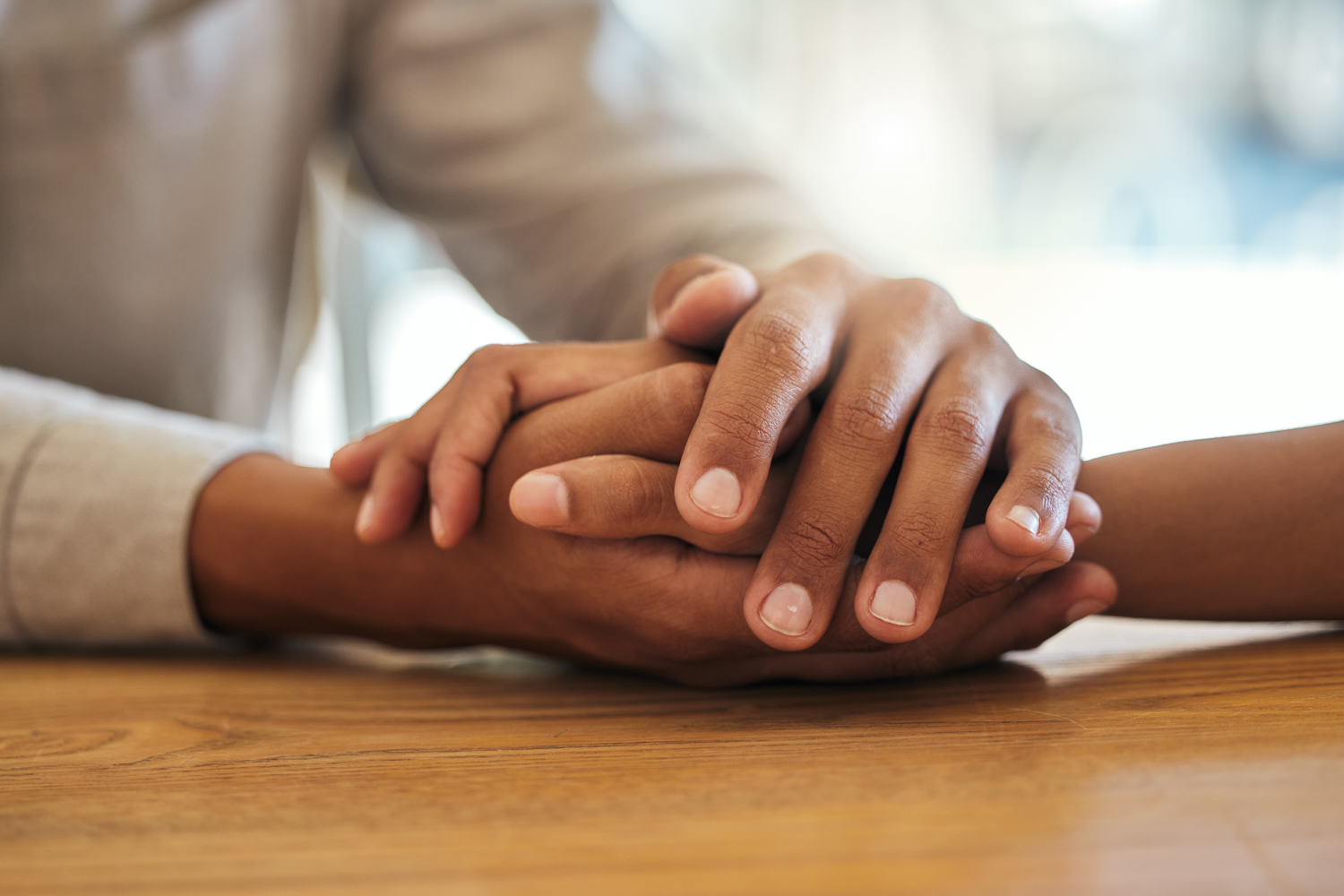WHEN PATIENTS RECEIVE A CANCER DIAGNOSIS, their spouses feel the impact in many ways. Their immediate concern focuses on the likelihood they will lose their loved one. But as the diagnosis starts to sink in, spouses often start to experience other thoughts and feelings that can be daunting. “Always very self-confident, I found myself being very afraid of making decisions,” says Janice Brady, whose husband, Vincent, was diagnosed with liver cancer Aug. 17, 2021, and given six to eight months to live. “I was constantly feeling overwhelmed, which made it difficult to do anything.”
Brady isn’t alone. According to a recent study in JAMA Network Open, people who had a spouse diagnosed with cancer were more likely to be diagnosed with a psychiatric disorder than a similar population whose spouses were not diagnosed with cancer.
The study found spouses of cancer patients had a 23% higher relative risk of seeking care for a psychiatric disorder, and in the first year after a spouse was diagnosed with cancer, the risk was 30% higher than other spouses. Particular diagnoses included depression and stress-related disorders. Higher risks were associated with a poor prognosis for the spouse’s cancer, a higher stage of diagnosis, and the death of the spouse during follow-up.
- National Alliance on Mental Illness—offers online information, groups and activities plus local offices
- Cancer Support Community (national helpline: 888-793-9355)—has affiliates nationwide
- National Cancer Institute: “Support for Caregivers”—provides practical tips and information on caring for yourself and finding support
Why the increase? One possible reason is a lack of support for the spouses’ mental health care. “Health care systems focus only on the patient,” says Nancy Schell, a psychiatrist with City of Hope Chicago in Zion, Illinois. “Another unfortunate factor may be that care for spouses is not something that can be billed, so some systems have neither the staff nor the time to spare.”
Also, generally speaking, mental health services and support are not a priority, but rather an afterthought, says Margaret Stauffer, chief mission officer at Cancer Support Community San Francisco Bay Area in Walnut Creek, California. “That is why it is important for health care systems to provide referrals to places like Cancer Support Community where there are groups specifically for loved ones along with counseling and healthy lifestyle activities they can participate in for their own self care,” she says.
Mental health care and resources were something Brady says were not forthcoming from her husband’s medical care team. “I always felt like I was asking questions and spinning my wheels trying to understand what was happening,” she says. “Most support came from the hospice nurses that visited three times a week during the last month and the hospice organization.”
While Brady received support from her husband’s hospice care team, caring for those whose spouses have been diagnosed with cancer should begin as soon as that diagnosis is provided. First and foremost, Schell says it’s imperative to fully inform the spouse what is happening so they know how to help their loved one. Second, care teams should connect spouses with mental health resources.
“Health care systems can offer counseling and psychiatric services, perhaps group therapy,” Schell says. “They can engage family members in education about the illness as well as self-care programs for caregivers. Compassionate and caring staff is extremely important. Systems can also provide for basic needs of caregivers.” Examples include providing meals, arranging for massages, meeting with a chaplain, or simply resting in a provided room.
In addition, both Schell and Stauffer encourage spouses to speak up and ask for the help they need. “Ask anyone you are comfortable with,” Schell says. “The care team can guide you in the right direction.” Stauffer also recommends reaching out to family and friends who may be willing to help with the burden of care. That’s what Brady did following the death of her husband, just three months after his diagnosis.
Following her husband’s death, Brady made the move from their home in Murrells Inlet, South Carolina, to Orlando, Florida, where her daughter lives. “The move itself was stressful, but once I was settled I [felt] much better,” she says. She also leans on a friend who lives nearby. “She listens to me endlessly,” Brady says. “She usually helps me through anything that is bothering me. She was also a huge help to me via phone when my husband was sick. I think everyone needs that one person who is ‘their person’ who listens and doesn’t judge.”
Cancer Today magazine is free to cancer patients, survivors and caregivers who live in the U.S. Subscribe here to receive four issues per year.





